Trial evaluates use of organic acids blend and potassium diformate as growth promoters, antimicrobials
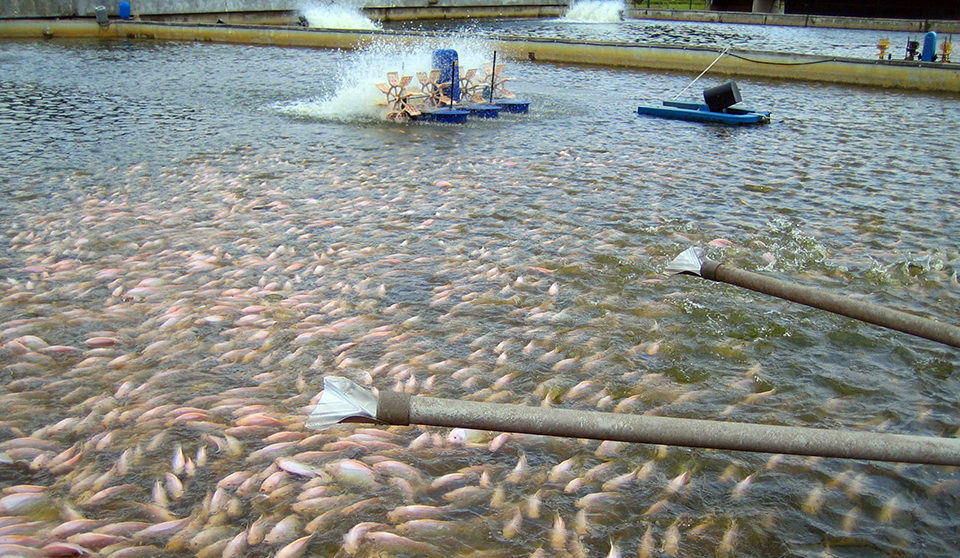
Intensive growout production of tilapia commonly encounters bacterial diseases that cause high economic losses to tilapia farmers. Bacteria such as Streptococcus and Aeromonas are ubiquitous opportunistic pathogens that, when present in high numbers, are a major disease problem. Mortality rates over 50 percent in a matter of days are not unheard of.
It is therefore not uncommon in the aquaculture industry to use antibiotics to combat the organisms. In 2006, the World Health Organization estimated that, depending on the region, 2 to 700 grams of antimicrobials per metric ton (MT) of aquaculture product were used. In Malaysia, erythromycin and oxytetracycline are sprayed onto commercial tilapia pellets and fed to infected fish until mortality rates decrease.
The misuse of antibiotics in aquaculture can be detrimental not only to the health of the fish, but also that of animals, humans and the aquatic environment. It can lead to increased antibiotic resistance in the pathogens of fish, which could potentially be transferred to animal and human pathogens and lead to an overall increase in infectious diseases.
When antibiotics were mixed into fish feeds, residual antibiotics that could compromise the health of human consumers have been found in final seafood products. In the European Union, consumer concerns over the use of antibiotics in animal feeds led to a ban of the compounds in 2006. Other countries are expected to follow suit.
Organic acids
One potential substitute for antibiotics in aquafeeds is organic acids. Organic acids such as benzoic, formic, lactic and propionic acids have traditionally been used as storage preservatives for food and feed ingredients. Commercial mixtures of organic acids are widely used to control pathogenic bacteria such as Salmonella species and Escherichia coli in feed ingredients and terrestrial livestock feeds.
Although explanations remain speculative, organic acids also provide growth-promoting effects. Poultry and swine fed organic acid-supplemented diets reportedly showed improved feed intake, growth, feed utilization efficiency and health.
Despite the reported improvement in nutrient availability to fish fed organic acid-supplemented diets, contradictory results in lab-based research have shown the growth-promoting effects of dietary organic acids seem to depend on the fish species and/or type of organic acid tested.
The authors recently conducted a feeding trial to evaluate the use of an organic acids blend and potassium diformate as growth promoters and antimicrobials in tilapia feeds. The impacts of dietary organic acids on growth, nutrient digestibility, endogenous microflora quantity and composition, and fish survival after a Streptococcus agalactiae challenge test were determined.
Feed trial
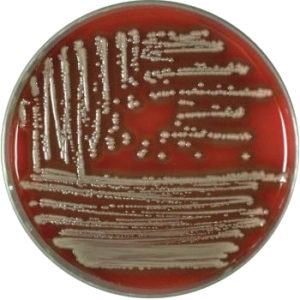
Tilapia fingerlings were fed one of four soybean meal-based diets supplemented with 0, 1, 2 or 3 grams per kg of an organic acids blend developed in collaboration with Sunzen Corp. Ltd. or a soy-based diet supplemented with 2 grams per kg of potassium diformate. After 14 weeks, fish were challenged with a pathogenic strain of S. agalactiae by bath immersion. Fish mortality was monitored over a period of 16 days.
There was no significant (P > 0.05) difference in growth, feed utilization and nutrient digestibility among treatment groups despite a mild trend of improved results with fish fed organic acid-supplemented diets. At the dietary levels tested, the organic acids blend and potassium diformate treatments had no toxic effect on the fish, and all fish appeared healthy and were actively feeding. Body composition and indices were similarly not affected by dietary treatment.
Organic acid-supplemented diets had slightly lower pH that caused a reduction in the digesta pH of fish stomachs and guts. Total bacteria per gram of feces were significantly (P < 0.05) reduced from 1.81 x 108 colony-forming units (CFUs) in the control group to 0.67 x 108 CFUs in fish fed organic acid diets (Fig. 1). A similar trend was observed for adherent gut bacteria. The major bacterium isolated from the feces and gut surfaces of the experimental tilapia was Aeromonas hydrophila.
Cumulative mortality of fish fed no organic acids was higher than that for fish fed organic acids-supplemented diets at 16 days post-challenge with S. agalactiae (Fig. 2). The results from this study showed that dietary organic acids can exert strong antimicrobial effects and have the potential to impart beneficial effects on growth, nutrient utilization and disease resistance in tilapia.
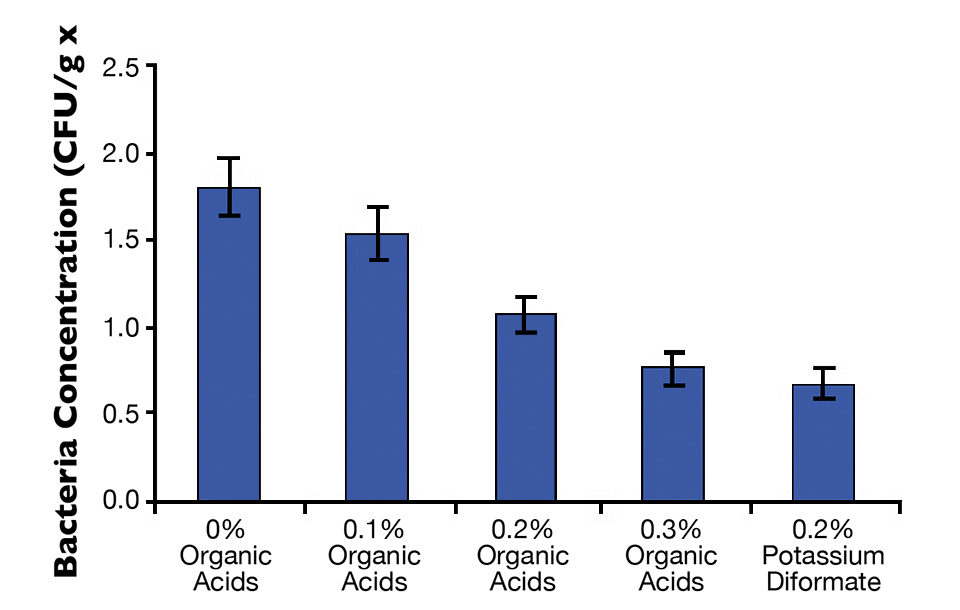
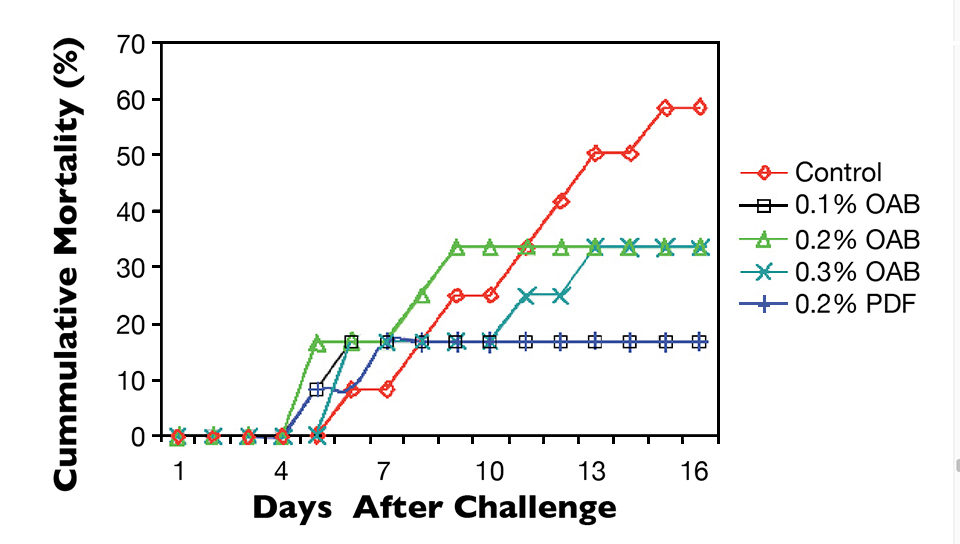
Bacteria reduction
The authors believe the study is the first to demonstrate a marked reduction in total bacterial counts in the feces of fish fed organic acid-supplemented diets. The addition of the prototype organic acids blend lowered the total viable bacterial count in the feces and on the gut surfaces of tilapia in a dose-dependent manner.
The addition of 3 grams of organic acid per kg was as effective as 2 grams per kg potassium diformate in reducing the bacterial population. Potassium diformate is the first substance approved by the European Union for use as a non-antibiotic growth promoter. It contains 35 percent free formic acid, 35 percent formate and 30 percent potassium.
The fact that both the organic acid blend and potassium diformate markedly reduced the fecal population of A. hydrophila was a very significant finding, as A. hydrophila is an opportunistic pathogen that causes major disease problems affecting a wide variety of freshwater fish species, including tilapia.
The results of the study indicated that dietary organic acids have the potential to be an effective health management tool for preventing diseases caused by Aeromonas in tilapia and possibly other farmed fish. Further studies are currently being conducted in the authors’ laboratories to evaluate the effectiveness of various organic acids in preventing Aeromonas infection in tilapia.
Perspectives
The trial showed that adding organic acids to tilapia diets can reduce the microbial load discharged into the aquatic culture environment. Under high stocking densities or closed and water-reuse culture systems, this reduction would greatly contribute to water quality. Feed supplementation with organic acids would also reduce the transfer of disease through the fecal matter of infected fish, for tilapia exhibit the habit of feeding on waste.
It is anticipated that under stressful, crowded and non-hygienic culture conditions, a greater positive growth response in tilapia may be observed when they are fed organic acid-supplemented diets. Longer-term feeding trials under less-controlled culture conditions are currently being planned to further elucidate the mechanism of the potential growth-promoting effects of dietary organic acids in aquaculture.
(Editor’s Note: This article was originally published in the September/October 2009 print edition of the Global Aquaculture Advocate.)
Now that you've reached the end of the article ...
… please consider supporting GSA’s mission to advance responsible seafood practices through education, advocacy and third-party assurances. The Advocate aims to document the evolution of responsible seafood practices and share the expansive knowledge of our vast network of contributors.
By becoming a Global Seafood Alliance member, you’re ensuring that all of the pre-competitive work we do through member benefits, resources and events can continue. Individual membership costs just $50 a year.
Not a GSA member? Join us.
Authors
-
Wing-Keong Ng, Ph.D.
Fish Nutrition Laboratory
School of Biological Sciences
Universiti Sains Malaysia
Penang 11800, Malaysia[121,109,46,109,115,117,64,103,110,107,119]
-
Chik-Boon Koh, M.S.
Fish Nutrition Laboratory
School of Biological Sciences
Universiti Sains Malaysia
Penang 11800, Malaysia -
Kumar Sudesh, Ph.D.
School of Biological Sciences
Universiti Sains Malaysia
Penang, Malaysia -
Abdullah Siti-Zahrah, Ph.D.
National Fish Health Research Centre
Batu Maung, Penang, Malaysia
Related Posts
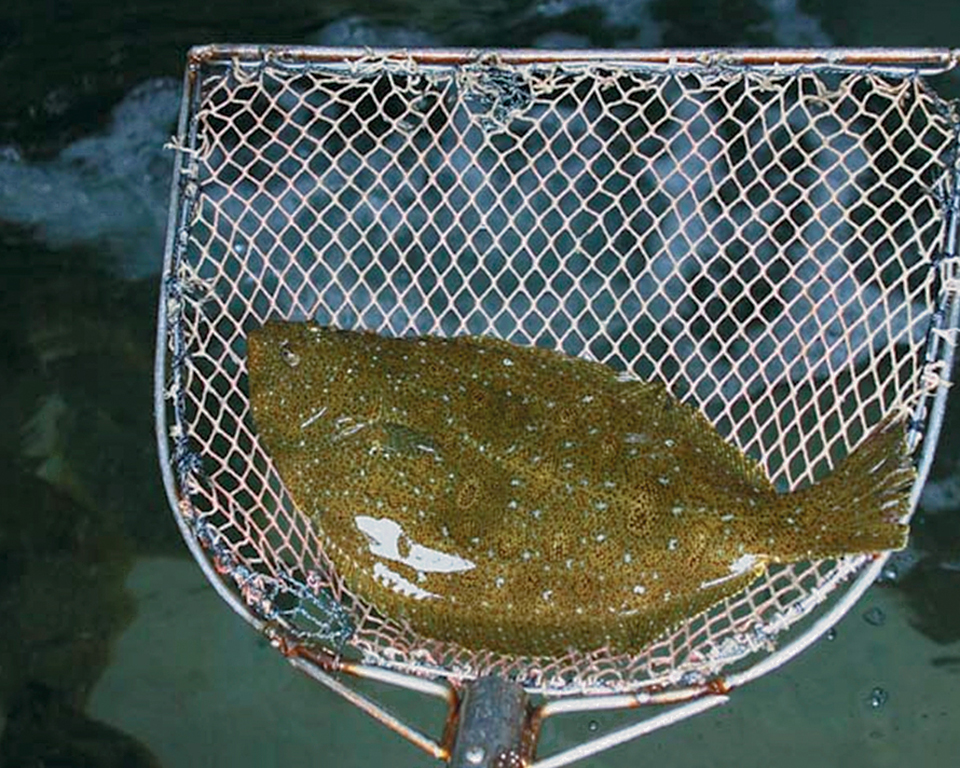
Health & Welfare
Dietary organic acids improve gut health, disease resistance in olive flounder
A study evaluated the effects of two organic acid blends on performance, gut health and disease resistance in olive flounder. The dietary organic acids were effective in lowering total gut bacterial counts, gut Vibrio counts and in conferring resistance against Edwardsiella tarda.

Aquafeeds
A look at protease enzymes in crustacean nutrition
Food digestion involves digestive enzymes to break down polymeric macromolecules and facilitate nutrient absorption. Enzyme supplementation in aquafeeds is a major alternative to improve feed quality and nutrient digestibility, gut health, compensate digestive enzymes when needed, and may also improve immune responses.
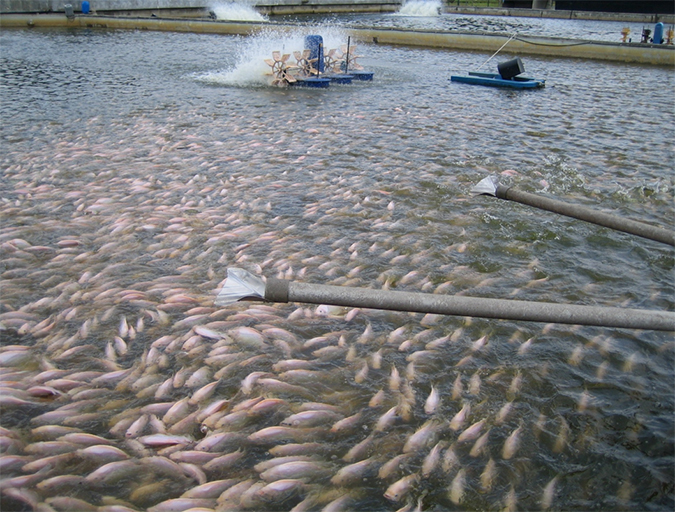
Health & Welfare
Dietary organic acids used as growth promoters, anti-microbials
A feeding trial measured growth, nutrient utilization and faecal/gut bacterial counts in triplicate groups of red hybrid tilapia (Oreochromis sp.). Study results show that dietary organic acids can potentially replace OTC as a growth promoter and anti-microbial in tilapia feeds.
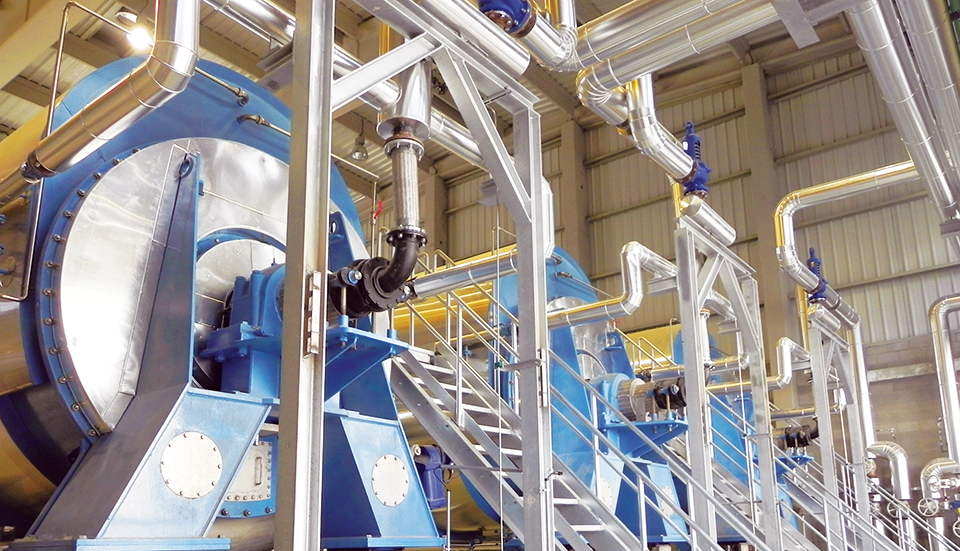
Aquafeeds
Animal byproduct concentrates useful tools in formulation
With the market volatility of fishmeal, as well as rising sustainability concerns, the aquaculture industry is seeking sources of protein, such as animal byproduct concentrates, to substitute for fishmeal.


